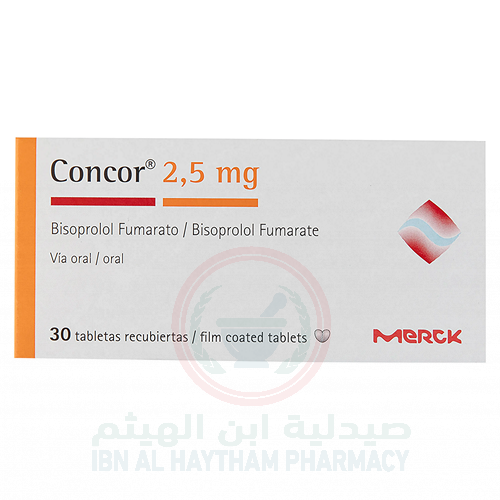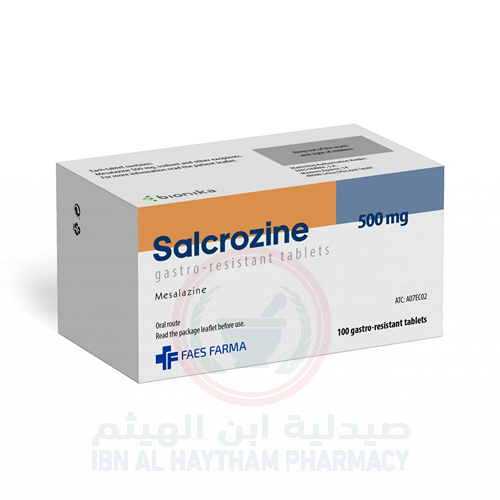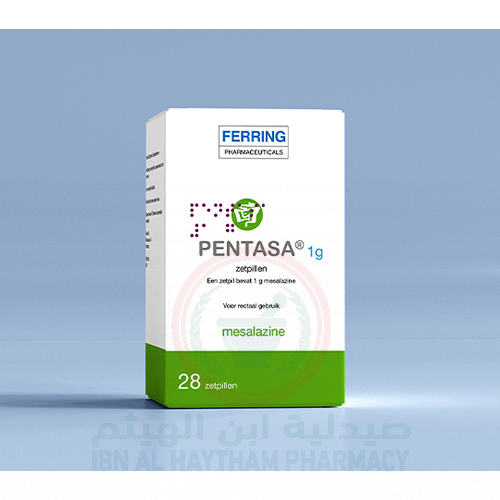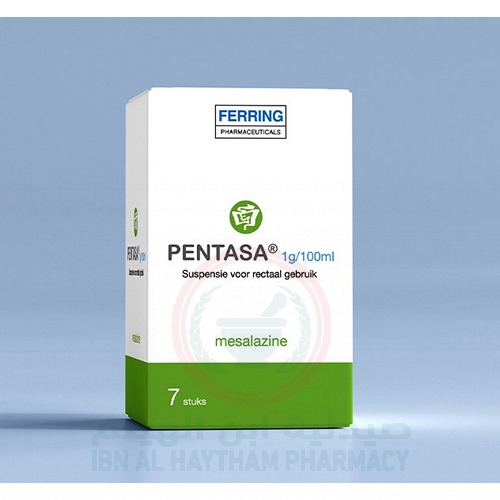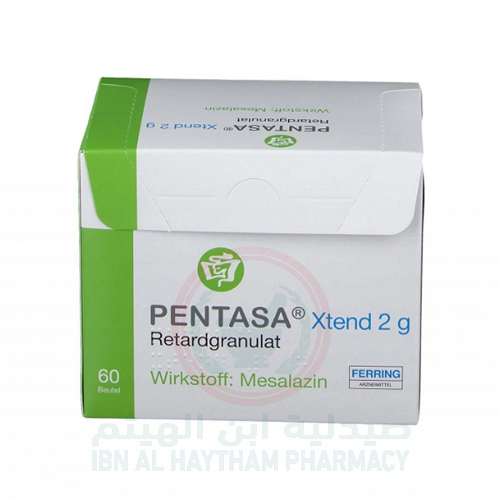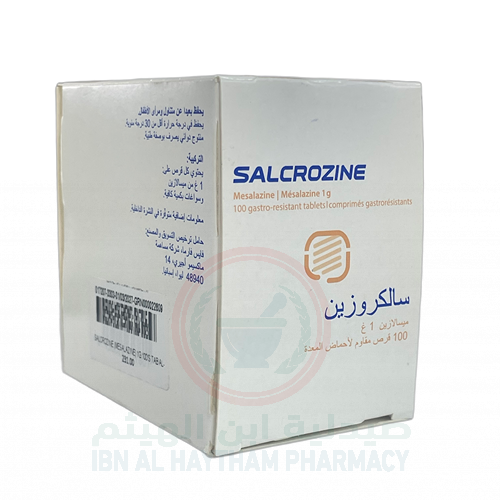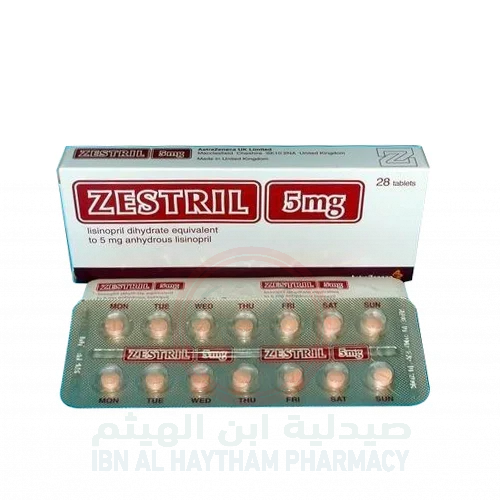CONCOR 2.5mg is an effective beta-blocker for managing hypertension, angina, and heart failure. While it offers significant benefits in controlling blood pressure and heart rate, it must be used cautiously, particularly in patients with respiratory conditions or heart block. Regular monitoring of heart function and blood pressure is important to avoid complications.
CONCOR is a medication primarily used for the treatment of hypertension (high blood pressure) and certain heart conditions. It contains the active ingredient Bisoprolol, a beta-blocker. Beta-blockers work by blocking the effects of adrenaline on the heart, reducing heart rate and blood pressure. CONCOR 2.5mg is usually prescribed for patients with mild to moderate hypertension and can be used to manage heart failure and angina as well.
Active Ingredient:
Bisoprolol (2.5 mg)
Side Effects:
Common side effects: Fatigue, dizziness, cold extremities, and headaches.
Serious side effects: Severe bradycardia (slow heart rate), hypotension (low blood pressure), bronchospasm (wheezing), and heart failure exacerbation.
Precautions:
Respiratory conditions: Caution is needed in patients with asthma or chronic obstructive pulmonary disease (COPD) as beta-blockers can worsen these conditions.
Heart issues: Regular monitoring is advised in patients with bradycardia, heart block, or congestive heart failure.
Discontinuation: Do not abruptly stop taking CONCOR without a doctor's advice as it may worsen symptoms. The dosage should be gradually reduced.
Uses:
Hypertension: Used to manage high blood pressure.
Angina pectoris: Helps prevent chest pain caused by heart disease.
Heart failure: Used in combination with other heart failure treatments.
Benefits:
Reduces blood pressure: Helps lower blood pressure effectively.
Protects the heart: Reduces strain on the heart by controlling heart rate.
Improves exercise tolerance: Can improve symptoms of angina and heart failure over time.
The typical starting dose for CONCOR 2.5mg is 2.5 mg once daily, which can be increased based on patient response. The usual maintenance dose ranges from 2.5 mg to 10 mg daily. For specific conditions, such as heart failure, dosages might be adjusted according to the severity and the patient's condition. Always follow the prescribed dosing schedule.
